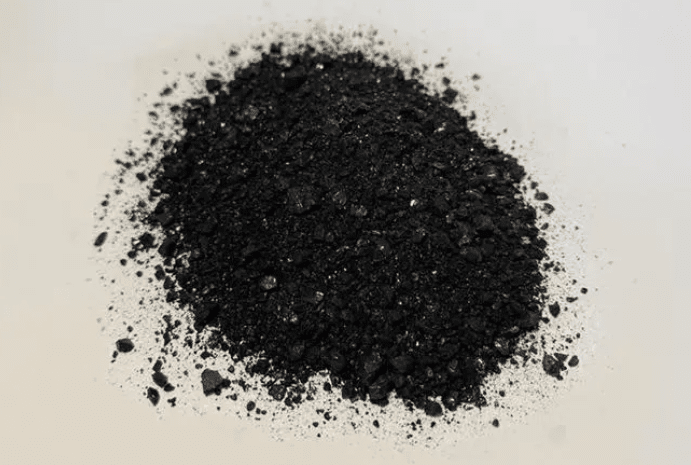The composition of coal tar is extremely complex. By 1972, more than 400 aromatic hydrocarbons and heterocyclic hydrocarbons had been identified. The factory divided coal tar into various fractions by distillation according to the boiling point range. There are two methods for coal tar distillation: intermittent (distillation kettle) and continuous (tubular heating furnace, evaporator with distillation tower). Asphalt can be mainly divided into three types: coal tar asphalt, petroleum asphalt, and natural asphalt. The process performance of coal tar pitch: viscosity is an important property of coal tar pitch. To study the mutual influence between binder, aggregate, and powder during paste mixing, as well as the plasticity of carbon paste, it is necessary to understand the viscosity of pitch. At room temperature, pitch is a black glassy solid that flows in a viscous state when heated above the softening point. Asphalt is mainly used in industries such as coatings, plastics, rubber, and paving roads.
Coal tar production: Intermittent (distillation kettle) processing of coal tar equipment is simple, requires less investment, has high production flexibility, but has small production capacity and unstable quality, and is only suitable for small and medium-sized coking plants with small tar processing capacity. For example, a distillation kettle with a capacity of 20 tons can produce a total of 8-10 tons of light oil, wash oil, and anthracene oil within a production cycle of 16-20 hours. The remaining coal tar in the distillation kettle is about 10-12 tons. When the softening point of the asphalt reaches the requirements for sampling and analysis, heating is stopped, and the asphalt is taken out of the distillation kettle and placed in a cooling pool to cool into a solid state. The measure of the resistance or internal resistance formed by asphalt samples when flowing under specified conditions, also known as viscosity.
The process performance of coal tar pitch: The main indicators of asphalt process performance include components and their properties, softening point, viscosity, density, surface tension, wetting angle, coking value, and thermal weight loss curve (gas precipitation curve) during heating. The solvent extraction method is the main method for studying asphalt components, and the results obtained from different solvents vary. China often uses benzene and quinoline as solvents to divide asphalt into three types. The application of asphalt has greatly improved the overall quality of our building construction. In addition, according to user requirements, ultra-high temperature asphalt with a softening point of 120-250 ℃ can be produced.

Post time: 07-03-2024





